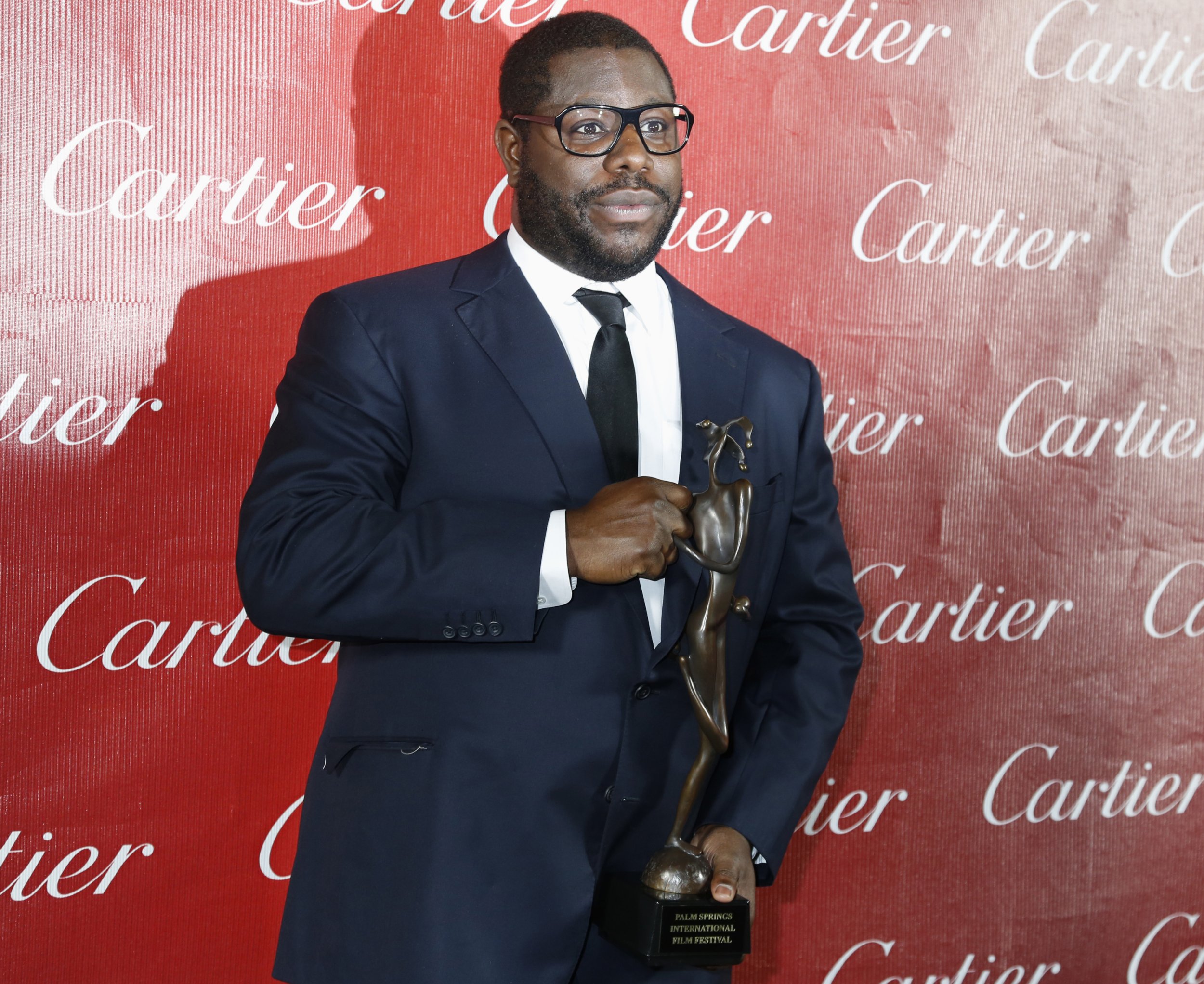Armond White. The name itself ignites debate in the hallowed halls of film criticism. A provocateur, a contrarian, a champion of the overlooked—White defies easy categorization. He has both ardent defenders and vehement detractors. But beyond the controversy, what does Armond White truly represent in the landscape of film analysis? This deep dive explores the complexities of his career, the nuances of his critical lens, and his enduring impact on cinematic discourse.
Deconstructing Armond White’s Critical Lens
White’s criticism transcends mere contrarianism. It’s a deliberate disruption of established critical consensus, a challenge to the often-homogenous voices that dominate film analysis. He champions the forgotten, the maligned, and the misunderstood, forcing us to reconsider our own assumptions about artistic merit. His defense of Transformers: Revenge of the Fallen, a film widely panned, suggests a deeper engagement with the film’s ambition and energy, even if ultimately flawed. This willingness to deviate from the norm is the cornerstone of his critical project.
Tracing a Contrarian Career: From The City Sun to National Review
Born in 1953 in Detroit, Michigan, as the youngest of seven children, White’s early life offers intriguing glimpses into the formation of his critical perspective. Growing up as the first African-American family in a predominantly Jewish neighborhood, and raised Baptist, White experienced a unique intersection of cultural influences. These experiences likely shaped his sensitivity to issues of representation and his willingness to challenge prevailing narratives. After receiving his BA and MFA from Wayne State University, White embarked on a prolific writing career.
From his early days as Arts Editor and Critic at The City Sun (1984-1996) to his prominent role as Lead Film Critic for the New York Press (1997-2011), White honed his distinctive voice. He went on to edit CityArts (2011-2014) and currently contributes cultural criticism to National Review and Out magazine. His work has also graced the pages of Variety, The New York Times, Columbia Journalism Review, The Nation, Slate, and First Things. This diverse range of publications provides a rich tapestry against which to examine the evolution of his critical thought.
Race, Representation, and the Power of Cinema
Central to White’s work is an unwavering focus on race and its portrayal on screen. He dissects the subtle and overt ways in which racial biases permeate cinematic language, challenging audiences to confront uncomfortable truths about representation. His analysis of Norbit, a film often dismissed as simply crude, delves into the potential for satire and social commentary within its controversial depiction of racial stereotypes. This willingness to engage with complex and potentially divisive themes distinguishes White from many of his contemporaries.
Beyond Provocation: Unpacking the Critic’s Mind
Is White merely a provocateur, a contrarian for contrarianism’s sake? Or does his work offer something more substantial? The accusation of “trolling” follows him like a persistent shadow, but a closer examination suggests a more nuanced critical project. He probes the cultural and historical contexts surrounding a film, dissecting the visual language and exploring the ethical implications of the stories we tell on screen. White forces us to question our assumptions, to move beyond surface-level interpretations, and to engage with cinema in a more thoughtful and critical way.
The Expulsion and Its Aftermath
The 2014 expulsion of White from the New York Film Critics Circle for allegedly heckling director Steve McQueen during the 12 Years a Slave awards ceremony remains a contentious point in his career. White vehemently denies the accusation, claiming a “smear campaign” designed to discredit him. This incident, regardless of the true narrative, underscores the polarizing nature of his persona and the strong reactions he elicits. Despite this setback, White’s career has persisted, a testament to his resilience and unwavering commitment to his critical vision.
Armond White’s Legacy: A Lasting Impact?
What is Armond White’s enduring legacy? In a world increasingly dominated by aggregated scores and simplified reviews, his singular voice stands as a potent reminder of the power of individual perspective. He challenges the notion of critical consensus, forcing us to engage with film in a more nuanced and intellectually rigorous manner. He reminds us that criticism is not about echoing the popular opinion, but about challenging, provoking, and ultimately enriching our understanding of cinema.
Escape the city bustle and discover the serene oasis of Brittlebank Park.
While his influence may be difficult to quantify, it’s woven into the fabric of contemporary film discourse. He compels us to question, to explore, and to formulate our own conclusions about the films we watch. His long career as a professional film critic has led him to unusual places — even agreeing with the Rotten Tomatoes consensus nearly fifty percent of the time according to a 2013 feature in Time Magazine.
His future impact remains uncertain, but his presence in the ongoing conversation is undeniable. White serves as a catalyst for deeper engagement, reminding us that criticism is a dynamic process, always evolving and open to new interpretations.
- China II Review: Delicious Food & Speedy Service - April 17, 2025
- Understand Virginia’s Flag: History & Debate - April 17, 2025
- Explore Long Island’s Map: Unique Regions & Insights - April 17, 2025
















